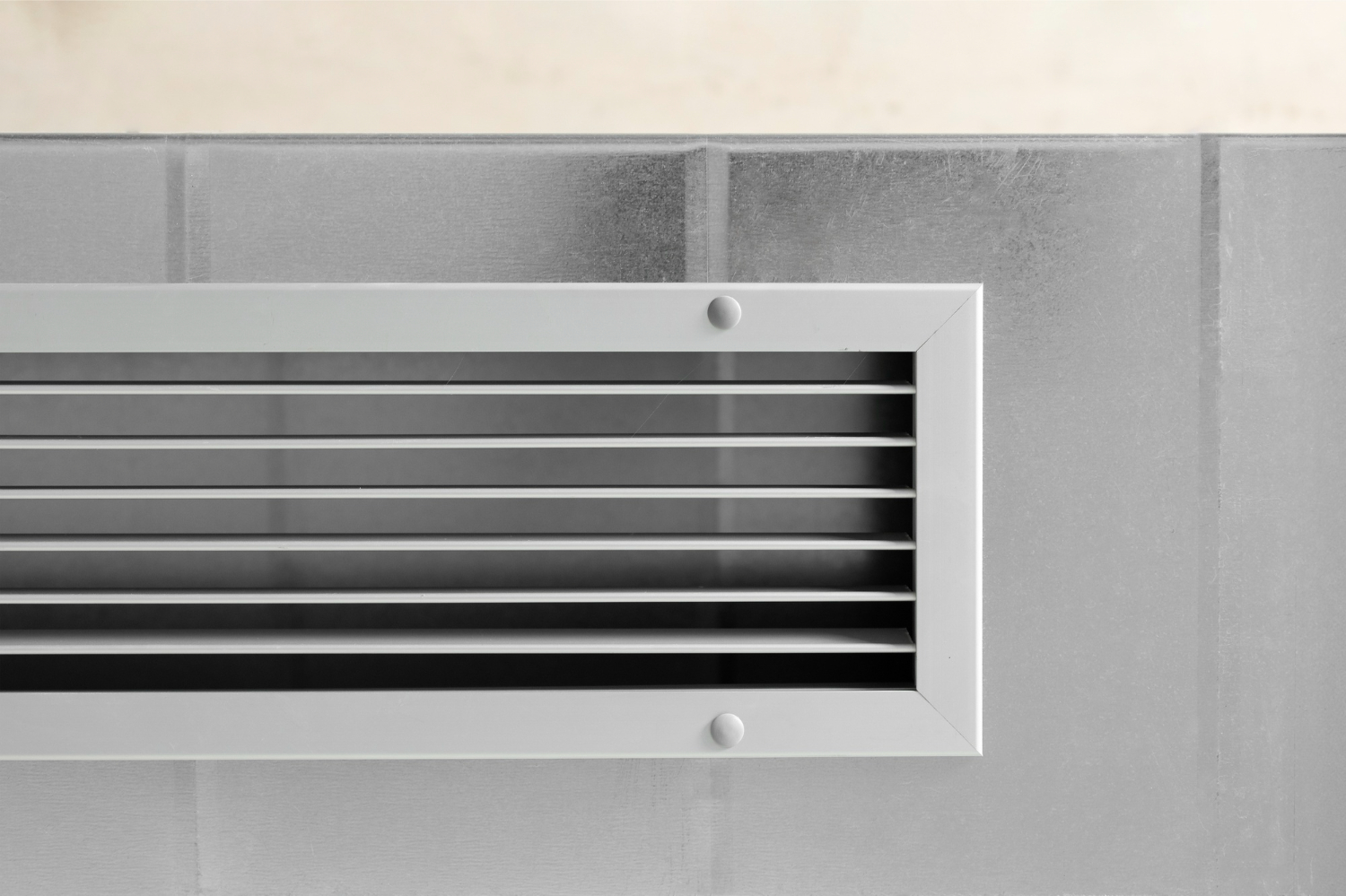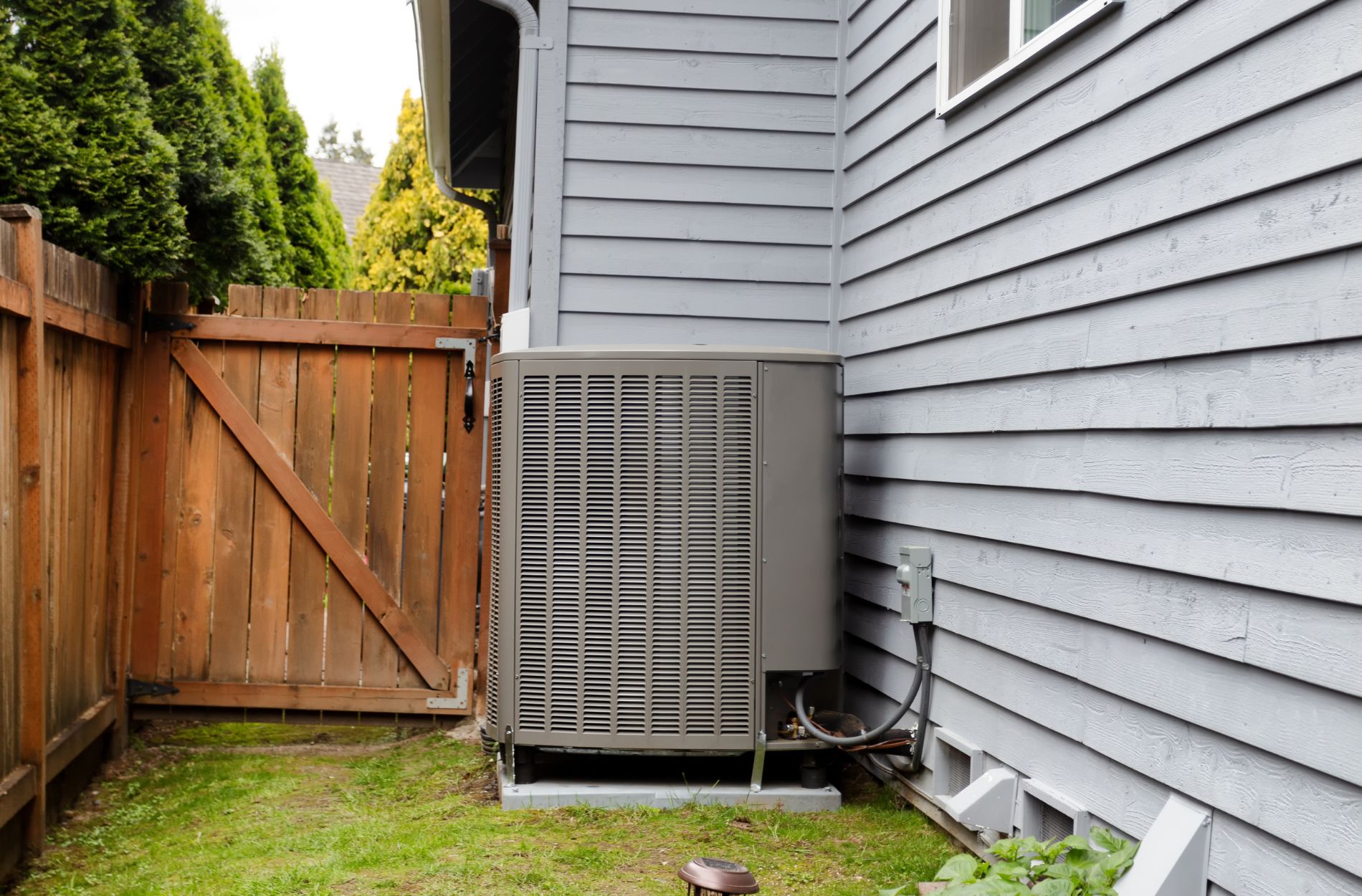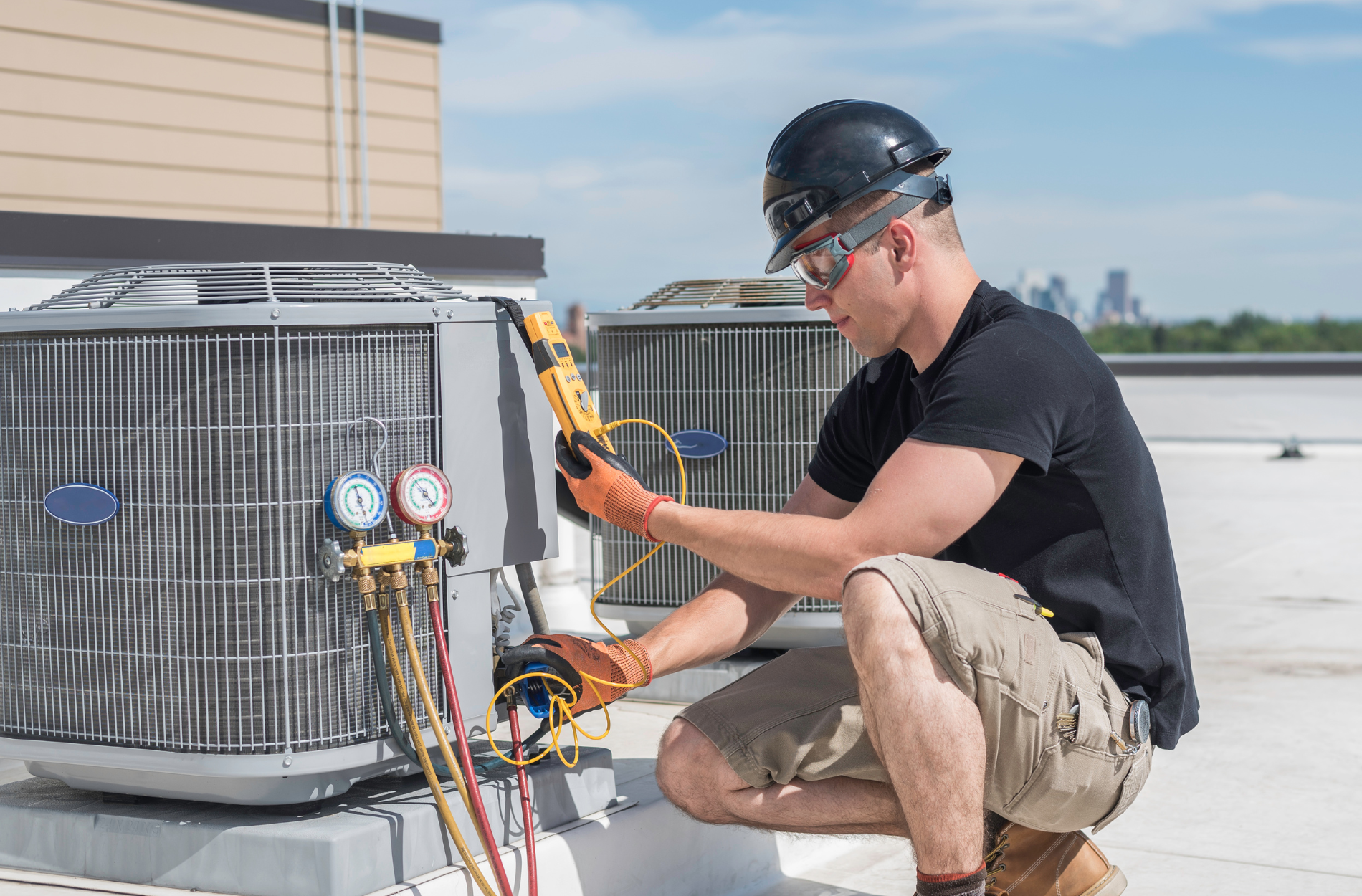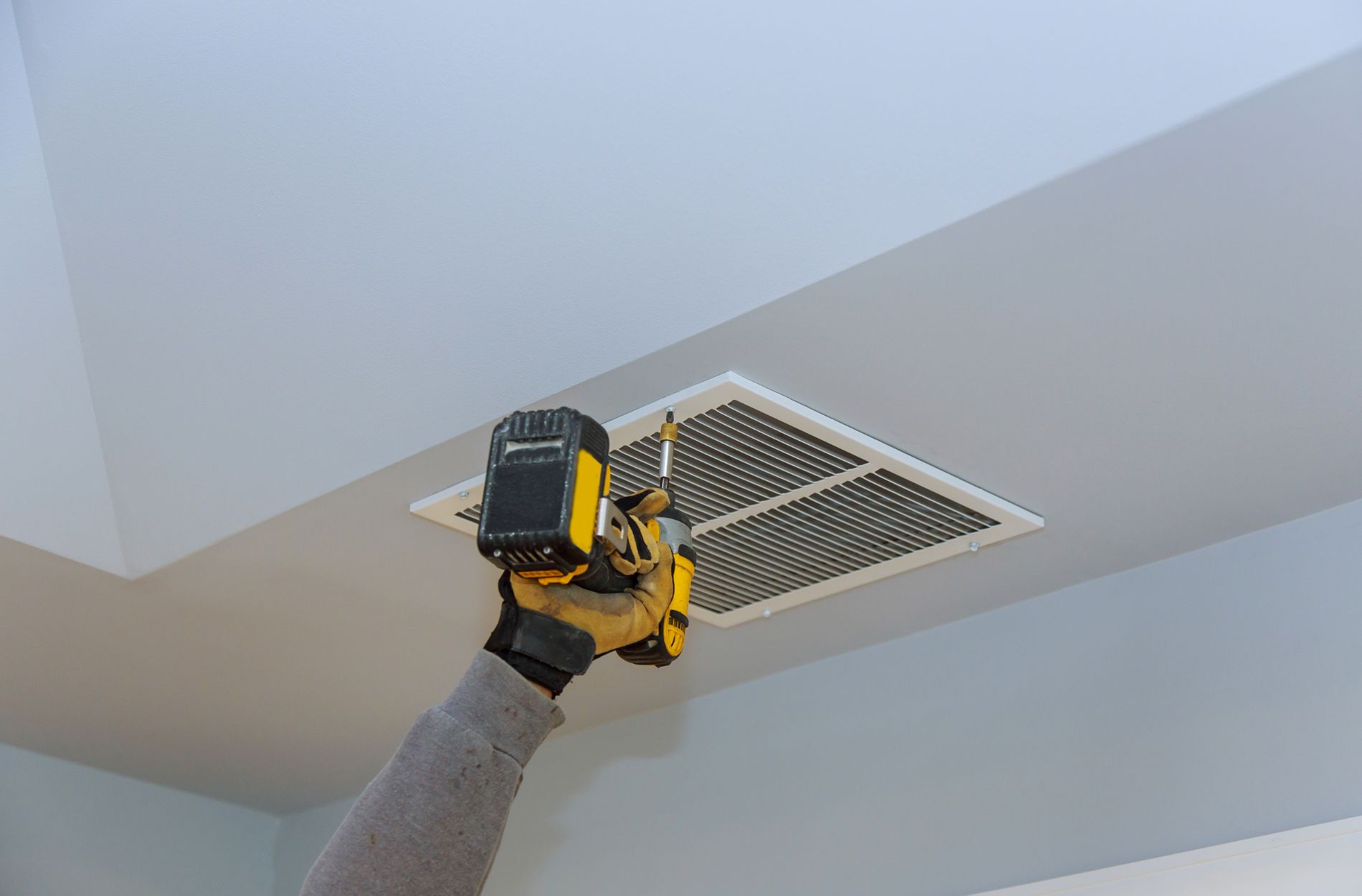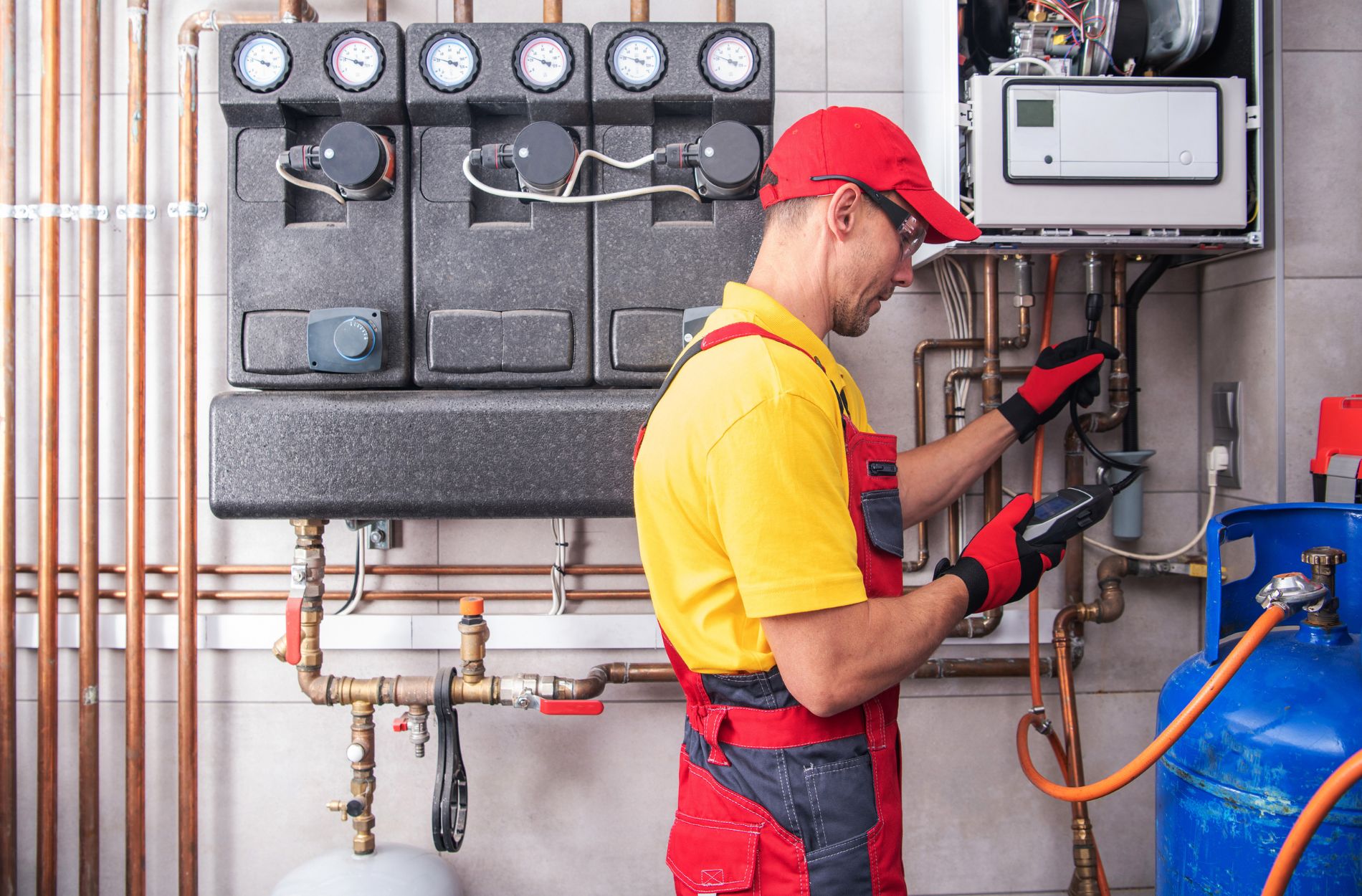What’s the Most Efficient Heating Systems for Your Home’s Needs?
Even in places where the temperature seldom drops below freezing, home heating is a need in the winter. Heating bills may easily consume half of an average household’s energy budget; therefore, those wishing to save money on home comfort should prioritize energy efficiency. Suppose you need a new home heating system. In that case, our furnace replacement in Carmel, IN region can provide you with various alternatives for acquiring a high-efficiency, low-cost system that will keep your house warm and pleasant for many years.
What is the importance of high efficiency?
The most fundamental reason to choose a high-efficiency heating system from our heating installation in Fishers area is that it will cost significantly less to operate than a low-efficiency one. Monthly expenditures may be cut in half or more with high-efficiency systems, with the most efficient heating systems saving up to 70%. A more efficient system may save a lot of money in the long term, even though it is more expensive initially.
The most efficient heating system is heat pumps
Heat pumps are the most energy-efficient heating system available, making them excellent for houses. They work by capturing heat and transferring it from one spot to another, removing heat from your home in the summer to give a cooling, and bringing the heat in from the outside in the winter to provide heating. Heat pumps may be very efficient, producing up to four times the energy used by the electricity that drives them. Take heat pumps from our heat pump service in Fishers, IN area.
Heat pumps are also very favorable to the environment. They consume less electricity while delivering enough warmth due to their high efficiency. They do not create dangerous exhaust emissions since they use fossil fuels to generate heat. They are very safty since they do not release potentially hazardous substances like carbon monoxide.
Air-source and geothermal heat pumps are the two most common heat pumps
- Air source for heat pumps: Heat pumps that employ air as a heat source collect and release heat from the surrounding air. The heat-exchange properties of refrigerant are used to remove heat from the air around the inside air handler/evaporator coil and convey it to the outside air, where it is released. The refrigerant takes heat from the outsides air and transmits it inside while heating your home. Heat pumps can extract heat from even the coldest outside air, but their efficiency drops dramatically below 32 degrees.
- Geothermal heat pumps: Similarly, geothermal systems collect and release heat from the ground outside your home or from a nearby body of water. The loop is a series of pipes buried many feet below ground level, excavated exceptionally deep in a vertical loop system, or submerged in a water source. Year-round temperatures vary from 45 to 60 degrees, even a few feet below the surface. Water or a refrigerant solution fills the loop, absorbing and releasing heat as required.
Our Dutch Heating and Cooling team know a lot about house heating since we’ve been providing services for our HVAC companies Noblesville, IN area. If you need help selecting the best home heating system for you, call Dutch Heating and Cooling at (317) 399-7839.

